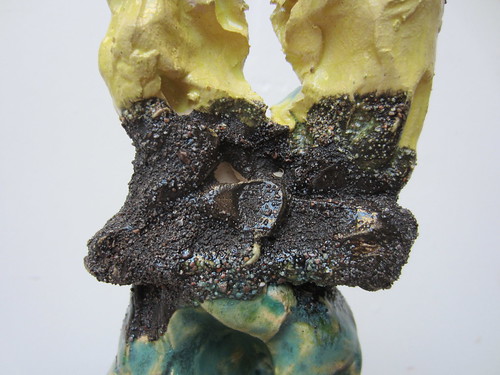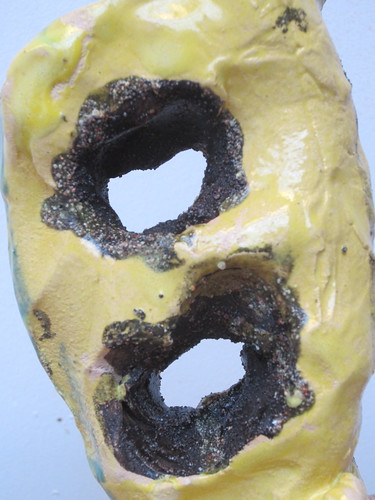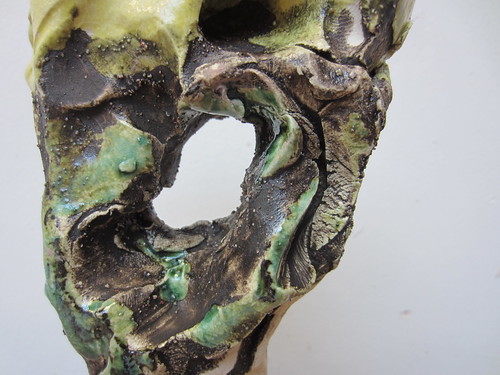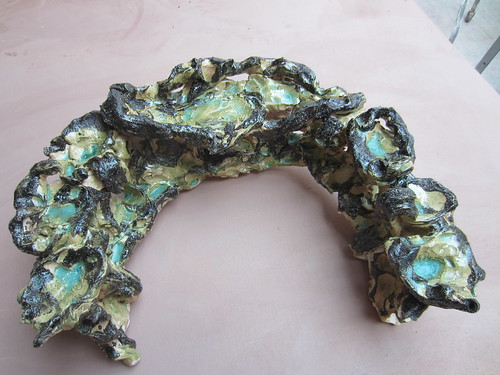
To earn my PhD in Evolutionary Biology from Harvard I had to cleave close to convention. As a taxonomist, scientific convention was my metier. Studying old species names, old species concepts, old texts, all required me to bathe in and wrap myself in convention. Publishing, teaching, and gaining tenure also required following a series of conventional practices. Obviously, there were rewards for these behaviors.
As I grew as a scientist I found myself bucking many of the conventions I had chosen (or was forced, depending how you look at it) to adopt. My research was strictly scientific but my ideas were unconventional. I developed an inventive way to look at natural form based on what the natural form "told" me. As I studied microscopic shapes I came to learn how they developed by careful observation. Exploring further, the inventive method I developed led to some startling questions that lay way outside of the dogma of my field. As is often the case in science (and I don't understand why this still comes as a surprise), the community of practitioners accepted the ideas reluctantly at best.
As a self-taught artist my sculpture practice is outside of convention. I can't claim to be an "outsider" artist because I am deeply steeped in the aesthetics of art, a knowledge tempered by historical understanding and knowledge of the natural world. I am, however, unfettered in the way I can approach my work. And the consequences (acceptance or non-acceptance by the community) are relatively unimportant. My career is not threatened either way. I feel that my art has gone further than "art for its own sake" because working with clay has led to understandings that involve but transcend art. For example "problem solving" has little to do with "composition." Or does it?
In any case I feel that by experiencing invention in my art practice I can follow whatever path I want. What lies open to me seems to be limited only by my own perceptions.
Sometimes when I look back at my professional life I wonder whether I adopted convention to too great an extent. Whether a more fully acknowledged "invention" outlook might not have served me better. I would certainly recommend invention for people who thrive with it. There are consequences but there are rewards as well.




Ah! Invention and convention, now there's an intellectual contradiction but a practical reality!
ReplyDeleteI think convention is more important than invention in creative practice, at least this is my experience. However, it is evident that creativity is all around us and central to the human condition. Mmm! Maybe there is no answer to this enigma, except for what we create and how it fits into that, that is acceptable at the time that one is creating! Perhaps?
Simon